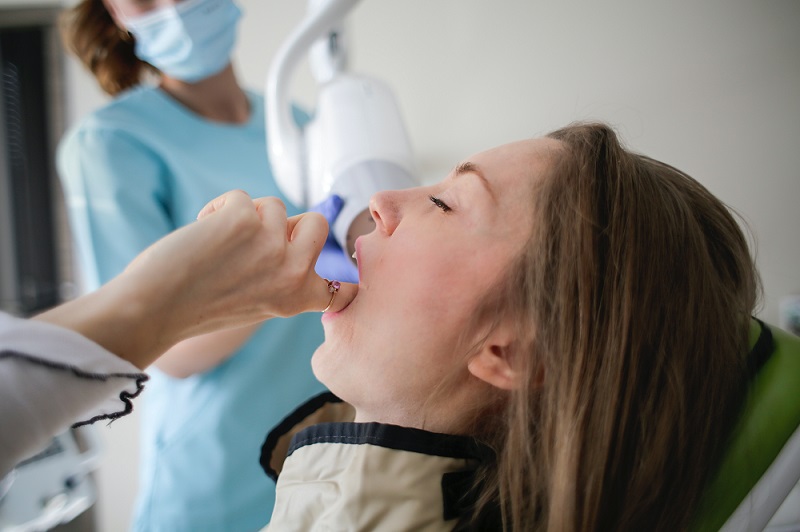Why Sedation Dentistry May Be the Best Option for You?
Do you tense up just thinking about seeing the dentist to have your teeth cleaned? Would you rather suffer through a toothache than visit the dentist? You are not alone, though. Many people would prefer to forgo all dental care because they are so afraid of what can happen. Sedation dentistry may be able to help you if you suffer from dental anxiety. Everything, from routine dental cleanings to more invasive operations, can be done under sedation.
Medication is used in sedation dentistry to help you relax during a dental procedure. Although not exactly true, the phrase “sleep dentistry” has been used on occasion. Patients are frequently awake during procedures, with the exception of those who are given general anesthesia. Deep sedation, moderate sedation, conscious sedation, and general anesthesia are the four main levels. The many sedation techniques used in dentistry are listed below.
To understand more about sedation dentistry, start scrolling.
Defining Sedation Dentistry
Before or during the sedation dentistry process, the cosmetic dentist in The Colony will provide medicine. Only one type of sedation—general anesthesia—makes you totally unconscious among the several types. The other types will calm you down without fully seizing you. The following are some of the most popular sedation dentistry procedures:
- Oral Sedation: The most prevalent form of sedation used in sedation dentistry is oral sedation, which can range in intensity from low to moderate. With moderate oral sedation, some persons can become sleepy and even drowsy, however, they can typically be roused with light shaking.
- Inhaled Minimal Sedation: To help you relax, you inhale nitrous oxide, also known as “laughing gas.” You can simply regulate how much nitrous oxide you get, although it usually wears off rather quickly. Only with this kind of sedation can you still drive yourself home following the procedure.
- Intravenous Moderate Sedation: Because this medication is administered directly into a vein, it starts working right away. Your dentist can continuously modify the level of sedation with this type of anesthesia as needed.
- Deep Sedation: Deep sedation, often known as general anesthesia, involves administering drugs that will render you virtually or completely asleep throughout the dental operation. Deep sedation prevents you from being quickly awakened unless the anesthetic wears off or is reversed with medication.
The majority of the time, you will also receive a local anesthetic in addition to the sedation the dentist chooses for you. If the process causes any pain, this medicine will numb the area where your dentist is operating and relieve it. Find out more about dental sedatives from your dentist, including which kind is ideal for the surgery you require.





 |
|